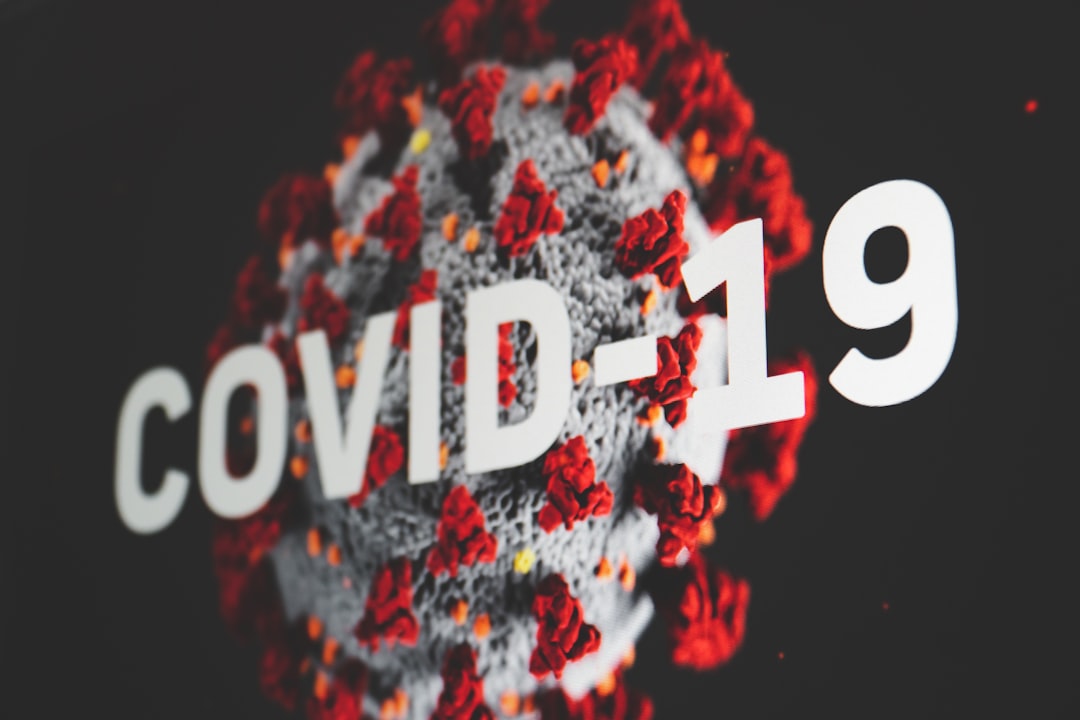What is it about?
COVID-19 is a flu-like infection of the lungs that can develop into a critical illness. This is especially true for patients with cancer. This is because patients with cancer, in particular blood cancer, are more vulnerable to infections than other people. This study was the first to analyze how immune responses to COVID-19 vary in patients with cancer. The immune response consists of two major factors. First are antibodies, which are proteins that fight infection. The second are T cells, special cells in the body that control the immune response. The study shows that people with cancer have similar antibody responses to COVID-19 as people without it. But they show important differences in T cell responses. Their T cell responses are less intense and expandable. They also have less diversity. These T cell responses were more closely linked to severe COVID-19.
Featured Image

Photo by Fusion Medical Animation on Unsplash
Why is it important?
Vaccines are an essential way to overcome the pandemic. We need to understand how patients with cancer respond to COVID-19. This will allow us to create vaccines for them. Patients with cancer are also more vulnerable to severe COVID-19. Knowing how their immune system responds to the virus will help us provide them better treatment. It will also improve our knowledge of the disease. KEY TAKEAWAY: Patients with cancer have lower immunity than other people. Learning how their immune systems react to COVID-19 can help develop better therapies and vaccines for them. This will not only help protect them, but also help us overcome the pandemic.
Read the Original
This page is a summary of: Preexisting and Post–COVID-19 Immune Responses to SARS-CoV-2 in Patients with Cancer, Cancer Discovery, May 2021, American Association for Cancer Research (AACR),
DOI: 10.1158/2159-8290.cd-21-0191.
You can read the full text:
Contributors
Be the first to contribute to this page










